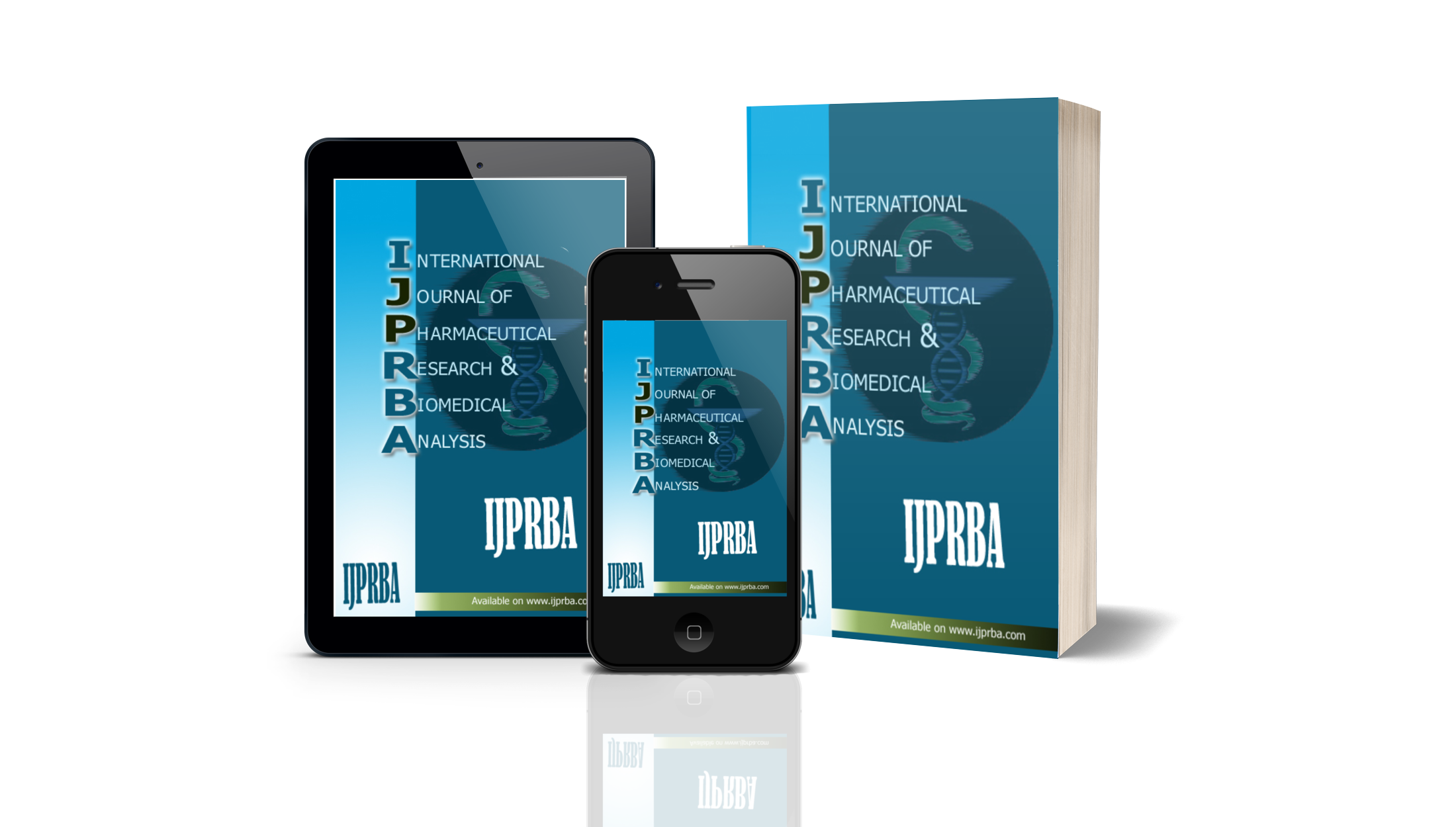
Journal Name:
INTERNATIONAL JOURNAL OF RESEARCH AND BIOMEDICAL ANALYSIS (IJPRBA)
ISSN: 2278–2664
Publication Frequency: Quarterly
===***===
UGC-CARE (University Grants Commission – Consortium for Academic and Research Ethics) provides guidelines for recognizing high-quality peer-reviewed journals.
Here are some key suggestive parameters for journals to be included in the UGC-CARE list:
1.Basic Information & Transparency: Yes
2. Peer Review & Editorial Process: Yes
3. Publishing Ethics & Quality: Yes
4. Indexing & Abstracting: Yes
5. Publication Frequency & Stability: Yes
6. Open Access & Copyright Policies: Yes
7. Citations & Impact: Yes
8. Compliance with UGC-CARE Criteria: Yes
===***===








